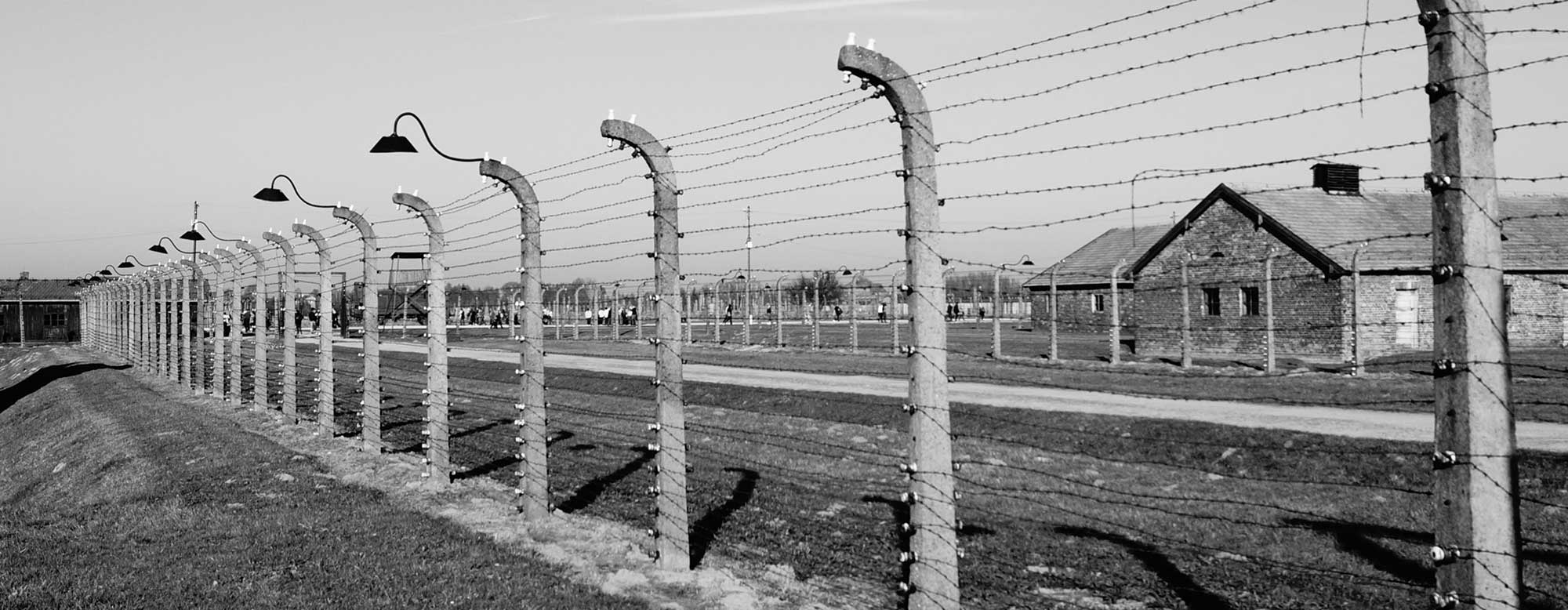Any justifiable counter moves against an enemy become unjustified if they make the government as tyrannical as the enemy it fights.
One of Dietrich Bonheoffer’s key advocates in England throughout the 1930s-40s was Anglican Bishop George Bell. He famously clashed with Churchill over-saturation bombing, challenged the ‘kill ‘em all’ ethos of Vansittart, and stood firm against the fallacies behind Vansittartism, which painted all Germans as Nazis without distinction.
Bell’s close relationship with the Confessing Church in Germany led to his 1940 book ‘Christianity and World Order’. Bell was well aware of the German Church’s struggle against a diluted Christianity, which had been pressed into the service of an overbearing and totalitarian state [i]. The book was a brave attempt at igniting the light of post-war peace in the hearts of those fighting against a present darkness.
Through his friends in Germany, Bell had the privilege of seeing firsthand the anti-Nazi actions being undertaken by the Church. He also witnessed the suffering inflicted on the Confessing Church for standing, where many others chose to remain silent or had given up; where once-were-Christians, replaced their faith in Christ, with faith in the utopian promise of National Socialism.
Churchill’s government downplayed the potency of the German resistance. The resistance was rejected as impotent and discounted as inconsequential. Bell was eventually shut out by Churchill for his insistence on Allied support for it, and for his public criticism of “saturation bombing” over areas known to be populated by civilians. Churchill’s move ignored the opposition on the ground. Formed by people like Hans Von Dohnanyi, and Karl Bonhoeffer; key conspirators, who knew that a negotiated peace was only an option if the Nazis were replaced.
The conspirators knew that peace would not be a reality unless the German resistance could stage a type of 1776 revolution, akin to that of the United States. Something Bell himself concedes was difficult, but not impossible; acknowledging that the ideological vice-grip was too firmly wrapped around the hearts and minds of Germans. [ii]
Still, Bell remained defiant. Churchill’s justifiable counter moves against Hitler were not justified, if Churchill became as tyrannical as Hitler. The dismissal of the existence of any German resistance, and the “saturation bombing” policy were red flags.
An Allied victory and the post-war peace which followed would see a repeat of history if Christianity was ejected from the centre of the proceedings. For Bell, any positive post-war reconstruction necessitates placing the peace handed to us by Jesus Christ into the marrow of present war aims.
His justification for this was that Christianity is a threat to all man-made systems of salvation and condemnation [iii]. Subsequently, under the Lordship of Christ, Christianity stands opposed to the Lordlessness of the totalitarian state.
Therefore, Bell concludes:
The extension of Christianity all over the world is vital to the future of humanity. The new movements which are pseudo-religions, such as Communism, Fascism, and Secularism in its various forms, threaten the highest spiritual values in human life with destruction.’[iv]
Inherent within these anti-Christ movements is the denial of life. Man and woman are solely material beings; a cog in a machine.
‘These movements reject God. They reject the supreme value of humanity. They are destroyers of civilisation.’[v]
Bell’s big warning to us in our current climate is this: the expanding State develops totalitarian tendencies.
It ‘lays claim to man, and woman, in the totality of his and her being. It seeks to impose on all its citizens a particular philosophy of life (ideology)’ – any such ‘State which advances such claims on humanity has declared itself to be not only a State, but also a religious organisation.’[vi]
Here the State exalted to godlike status moves from servant to master. There are no free citizens, only tortured subjects and power-hungry sycophants.
Staunchly opposed to this denial of a right to life and livelihood, is Christian faith and its ‘hope which can [and does] rise above all horrors’ (Romans 8:28).
Bell states, ‘Christianity is not a fugitive and cloistered religion. It is alive, fiery, exercised and fully breathed.’ [vii] As such, Christian existence ‘protests against this terrible despotism, this overwhelming domination of human life, with all the energy at its command’ [viii].
In other words, Christian living commands defiance of the deification of personality, party or political ideology. Likewise, we must identify and critique a diluted Christianity, which is pressed into the service of an overbearing and totalitarian state.
This is why Bell asserts that ‘the Church everywhere should be a confessional Church. It should be the church of the brave Word, [bravely] spoken.’ [ix] For ‘it is Christianity alone that shows man and woman their true destiny, and enables both to enjoy fullness of life.’ [x]
These words were written down eighty years ago. They contain within them a stern warning to our governments today: any justifiable counter moves against an enemy are not justified, if they make the government as tyrannical as the enemy it fights.
Question the new normal.
References:
Bell, G. Rev. 1940, Christianity and World Order, Penguin
[i] ‘The church struggle between the German Confessing Church & German Christians was about a refusal to yield to National Socialist ideology & the pressure of the State.’ (p.71)
[ii] Bell advocates revolution against the National Socialist regime. (p.92) Although the dismissal from Churchill’s government wasn’t completely unjustified, it can be argued that the lack of serious interest gave longevity to the war.
[iii] For Bell, ‘Christianity means primarily Jesus Christ, His life, death resurrection, the new age He birthed, and the community of which He is the head.’ (p.140)
[iv] ibid, p.137
[v] ibid, p.137
[vi] Bell citing J.H.Oldham, p.69
[vii] ibid, p.145
[viii] ibid, p.70
[ix] ibid, p.146
[x] ibid, p.137





















